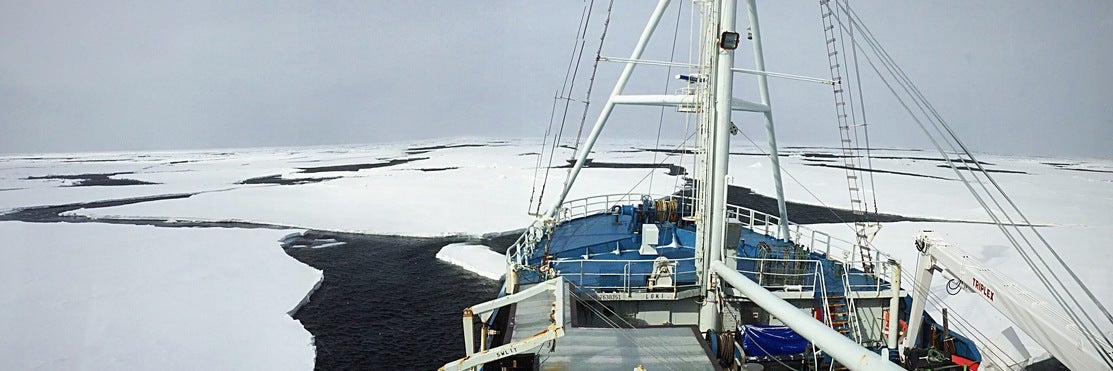


Climate Scientist (Atmospheric) PhD | Postdoc at Princeton University & NOAA GFDL | UC Irvine and Cornell University alum | Sharing data-driven stories | Be kind | Views are my own |
My research and communication interests coincide with disentangling patterns of climate change from climate variability using data-driven methods. Also, scary movie fan!
#Arctic #ClimateChange #DataViz #MachineLearning #OpenScience #Python #SciComm #Weather #wxMastodon #wxTwitter
This profile is from a federated server and may be incomplete. Browse more on the original instance.